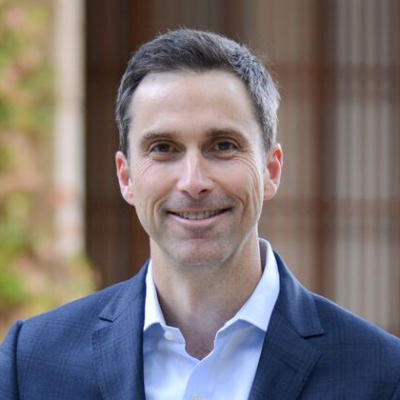 Legal Tech and the Future of Civil Justice
Legal Tech and the Future of Civil Justice
 David Freeman Engstrom
David Freeman Engstrom
David Freeman Engstrom is a far-ranging scholar of public law and the design and implementation of litigation and regulatory regimes whose expertise runs to civil procedure, administrative law, constitutional law, federal courts, legal history, and empirical legal studies.
Professor Engstrom’s current work focuses on the intersection of law and artificial intelligence. He is currently working on a project on the effects of continuing advances in “legal tech” tools on the civil justice system and the governance, lawyering, and access to justice challenges posed by AI. During 2018-2020, he served as a principal advisor to the Administrative Conference of the United States on the project, Government by Algorithm: Artificial Intelligence in Federal Administrative Agencies, which garnered national media attention and remains the most comprehensive treatment of the topic to date. He regularly teaches and lectures on these topics at Stanford and around the world.
Past scholarly projects include a series of articles on the evolution of the modern class action, empirical analyses of the class action and pleading rules under the federal rules of civil procedure, the first large-scale investigation of qui tam litigation under the False Claims Act, an effort to guide states on how they can, within constitutional constraints, exercise leadership on climate and other global policy issues, and a set of articles charting the past, present, and future of American job discrimination laws.
Engstrom’s award-winning scholarship on these and other topics has appeared in Stanford Law Review, Yale Law Journal, and Columbia Law Review, among other top legal journals, and has been cited in scores of federal and state court decisions and litigation briefs. His expert commentary has appeared in numerous media outlets, including The New York Times, The Wall Street Journal, The Washington Post, USA Today, Bloomberg, Wired, Fortune, Forbes, The National Law Journal, CNN, and MSNBC.
Beyond teaching and research, Professor Engstrom has served as counsel or consultant to a wide range of entities, including law firms, major corporations, governments and administrative agencies, universities, and a leading litigation finance company. He regularly authors amicus briefs in key cases before the U.S. Supreme Court and elsewhere. He is an elected member of the American Law Institute, a public member of the Administrative Conference of the United States, and a fellow of the American Bar Foundation. At Stanford, he is a faculty affiliate at the Stanford Human-Centered AI Initiative, CodeX: The Stanford Center for Legal Informatics, and the Regulation, Evaluation, and Governance Lab (RegLab). He is also currently serving as Stanford Law School’s Associate Dean for Strategic Initiatives and, in that role, is leading an effort to shape the law school’s programs and offerings around law and digital technology.
Before joining Stanford’s faculty, Engstrom litigated at what is now Kellogg, Hansen, Todd, Figel & Frederick in Washington, D.C., where he represented clients before the U.S. Supreme Court, U.S. Courts of Appeals, and various trial courts and agencies in a wide range of matters, from national class actions to regulatory challenges. He also clerked for Judge Diane P. Wood of the U.S. Court of Appeals for the Seventh Circuit and was a John M. Olin Fellow at Yale Law School. Earlier in his career, he worked on education, early childhood, and civil rights issues at Yale University’s Edward Zigler Center and the Hewlett Foundation and taught high school and coached football in the Mississippi Delta. He holds a J.D. from Stanford Law School, an M.Sc. from Oxford University, and a Ph.D. from Yale University.